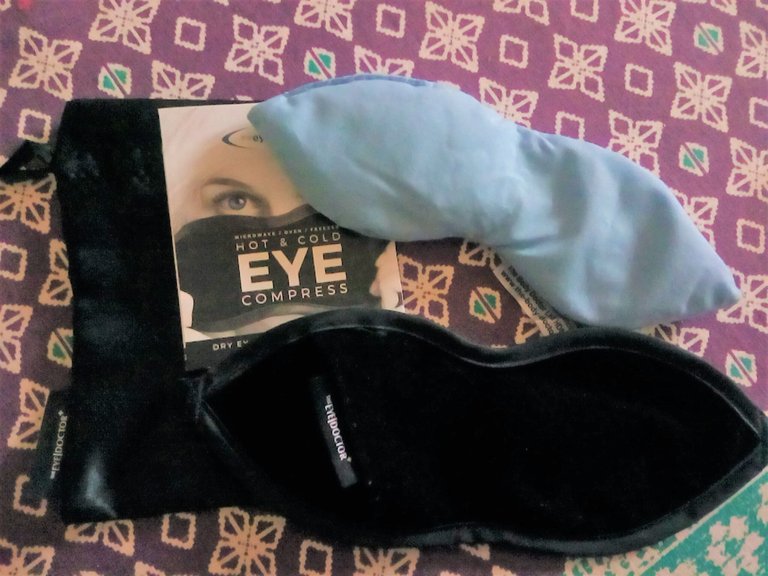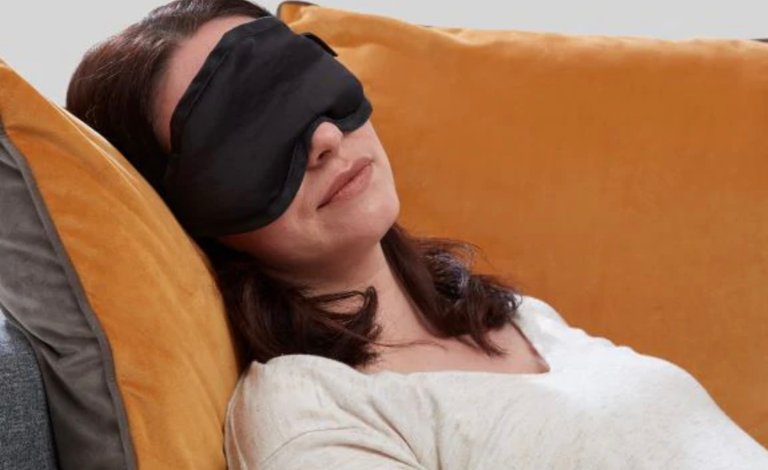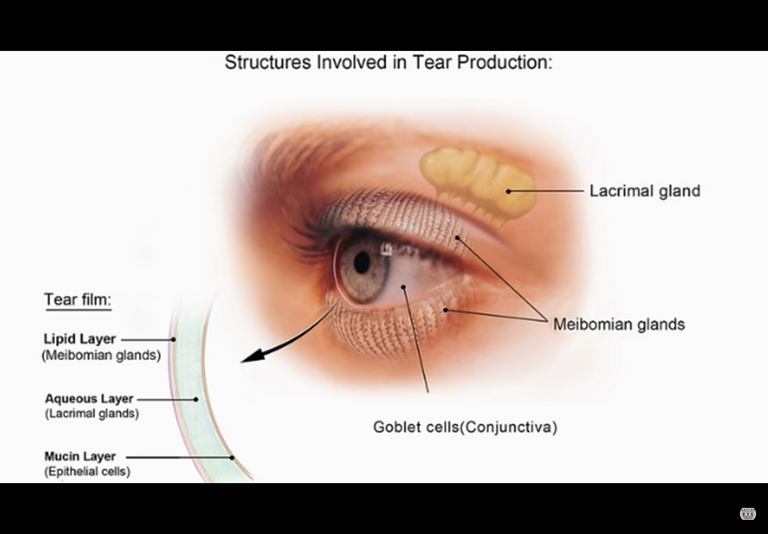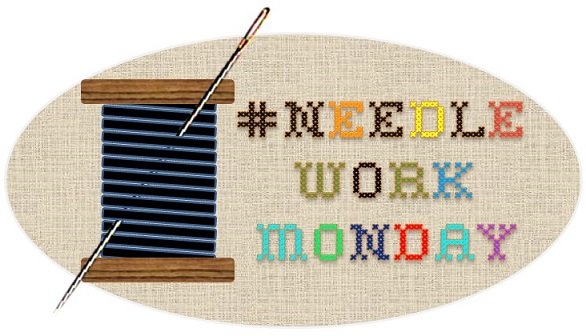
One day in the holidays I woke up feeling as if Jamie Oliver had run a cheese grater over my eyes and then rubbed in a handful of aquarium gravel (teal coloured, naturally). It transpired I had a bad case of dry eye, which can be a symptom of a multitude of things, but in my case was due to sitting and knitting for hours in a poor light without a break.
I recovered after a couple of days by using a hot compress on my eyes and gently bathing my eye-lids three or four times a day. The hot compress was amazing, I bought one from Boots the chemist (also available from Amazon), but you could make your own wheat or rice filled version - like a mini heating pad.
It's really quite a nice experience using an eye compress. In addition to its efficaciousness, the one I bought looks quite snazzy and Hollywood-glamorous with a velveteen surface on one side and a sateen surface on the other. You heat it for 30-40 seconds in the microwave (depending on the power), or you can heat it in the oven. You check that it is a reasonable heat by testing on the inside of your wrist before placing on your eyes.
You wear it for about seven to ten minutes, just the right amount of time to sit down and drink a nice cup of tea - I've been trying the new Twinings Superblends: Turmeric, Sleep and Glow. I think the Turmeric is my favourite so far. If I'm really organised, I have a podcast or short radio programme ready to go, too. Other options are to meditate or even enjoy a day-dream.

I was amazed at the benefit: it provided immediate relief which lasted for several hours (you can do repeat sessions in a day, if you need to) and over the next few days, my eyes gradually got better. You can also put the eye compress in the fridge or freezer for a couple of hours, and it works well (the manual tells me) for headaches and migraines.
It turns out that using a hot eye compress regularly is very good for eye-health, much the same as regular flossing is good for your teeth. You don't have to wait until you've knitted to excess or spent too long looking at a computer screen to enjoy a compress. The manual also contains instructions for a very gentle eye massage.
I found some instructions for cleaning your eye-lids, too. The first ones looked a little harsh: scrub each eye-lid with a wet flannel (separate flannels for each eye). I didn't do that. You can also get eye-wash lotions. I didn't do that. Instead, I very gently used my finger tips, backwards and forwards (or left to right and vice versa) and used some E45 wash lotion.
I do that three or four times a day, and that really helps, too. I also use moisturiser afterwards (a cosmetic one, but I guess you could use something else in the E45 range) and a lipid spray, which you use on closed eyes. The lipid sprays are quite expensive, I think, although you can get cheaper versions in places like Asda and lower prices online. They are really good, though, I have used these for years, especially as a refresher when I am driving.

It seems that when we read or look at a computer screen (or our knitting) for any length of time, we gaze very intently and the rate at which we blink and moisturise the surface of our eyes slows down. Over time, the lipid layer can break up, which allows the aqueous layer to evaporate and cells in the surface of our eye to dry out and cause the discomfort I was feeling. The hot compress stimulates the Meibomian glands and enables them to work efficiently, secreting oil which refreshes the lipid layer covering the eye.
Other advice for looking after your eyes includes the 20/20/20 technique: Every twenty minutes or so, stop looking at your knitting (or computer screen), gaze at an imaginary spot some twenty feet away and blink rapidly twenty times (or, if you are the middle of a row or intricate pattern change, just hold your needles and do the rapid blinking).
I have started using a little manual timer and the pomodoro technique when I'm knitting. I've used it for sometime when I'm working at the computer, but hadn't thought to transfer it to knitting.
In addition to specific conditions, dry eyes can be caused by a number of factors including age, hormones, smoking, medication and whether you are getting enough sleep. Although eating carrots to improve your sight is a myth that started (apparently) during the blackout in the 1939-1945 war; it is the case that your eye health and functioning can be improved through eating plenty of vegetables, especially carrots and dark, leafy greens - generally, a healthy diet and life-style.
Natural light is also important for our eyes, so getting outside is good - but remember to protect your eyes against UV waves with a shade or sunglasses. I have a set of glasses now with a coating that protects against all UV waves and also cuts down glare from car headlamps.
My eyes are much more comfortable now, and dry eye is much more of an occasional problem (I still clean my eyes two or three times a day, and use the compress once or twice a week); it definitely makes a difference if I am getting enough sleep or not!


Three things newbies should do in their first week and, for most things, forever afterwards!


